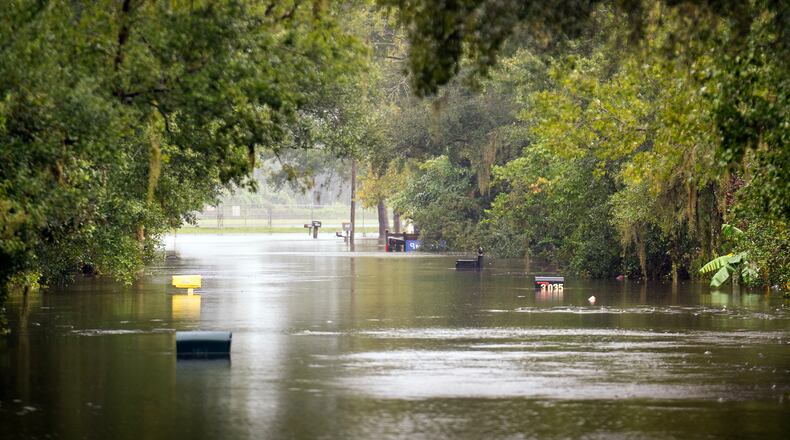The failure of One Fair Wage to submit enough signatures to eliminate the tipped wage was a win for Ohio’s restaurant industry. We have long been committed to paying our employees a living wage. Eliminating the tipped wage would drastically diminish our servers’ and bartenders’ ability to earn. Most of our service team makes over $38 per hour, allowing them to pay their bills and raise their children. Without the tipped wage, our servers and bartenders would see more than $20 per hour in lost wages. As small business owners, we would have no choice but to raise menu prices since we’d have to pay our staff a higher hourly wage to ensure they maintain their quality of life. Never before have we been faced with artificially raising what we charge our customers; this is simply not good business. It’s important the public understands that Dayton small businesses are fully committed to both their incredible staff and loyal customers. Eliminating the tipped wage would benefit no one. Don’t let an outside special interest group experiment with Ohio’s restaurant industry now or in the future.
- Liz Valenti, Dayton
